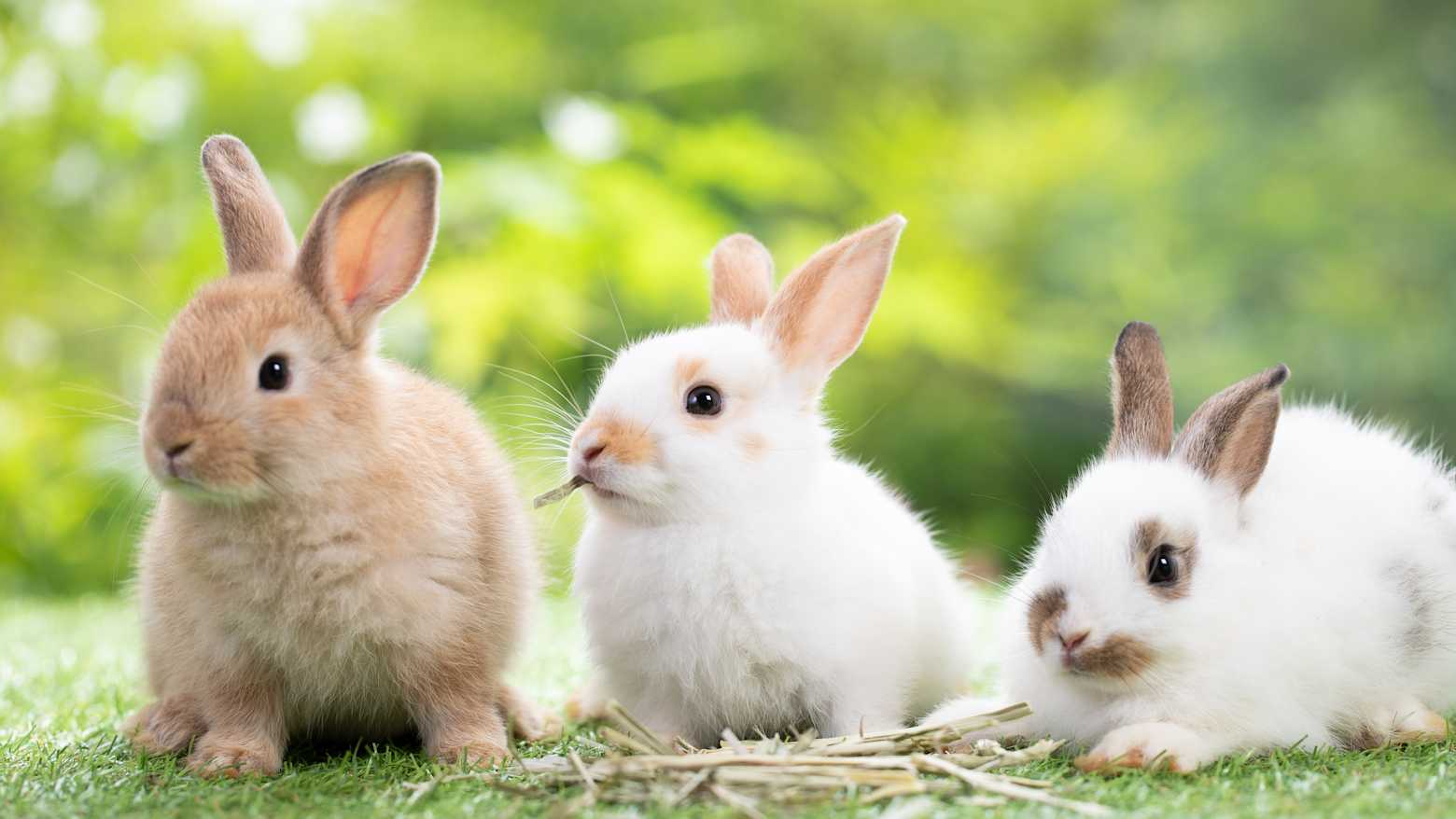
Your first rabbit: Everything you need to know for a good start
The history of the rabbit
Rabbits were already used for sport, meat and fur (such as the Angora rabbit) around the year 1100. Later, around 1800, special rabbit breeding clubs arose to deal with specific breeds. Today there are as many as sixty breeds in various colors and varieties. Around 1900, the rabbit also became popular as a pet.
What do rabbits eat?
It is important that you take good care of your rabbit and give it the right food. Nutrition and health are closely linked. For example, rabbits are herbivores (herbivores), eating grass, weeds, leaves, shoots and twigs in natural environments.
What do I feed my rabbit?
Choosing the right food for your rabbit is essential to its health and well-being. Rabbits are herbivores and need a diet rich in fiber. Hay should form the basis of their diet and be available at all times. It not only aids in digestion, but also prevents their teeth from getting too long. In addition to hay, fresh vegetables such as carrots, broccoli and spinach can be a valuable supplement if given in proper amounts.
Pellets are another important component of a rabbit's diet. Choose high-quality rabbit pellets that are specially formulated that contain all the necessary nutrients. HobbyFirst Hope Farms offers several feeds such as Rabbit Pellet, -Mix, -Complete, -Balance, -Muesli and -Granola that will ensure your rabbit stays in optimal condition. More info on nutrition can be found here:
Fresh drinking water should always be available for your rabbit. Make sure the water bowl or water bottle is cleaned daily to prevent bacterial growth. Paying attention to your rabbit's diet will ensure it stays healthy and lives a long and happy life.
Did you know that rabbits eat their own feces? This may sound strange, but it is perfectly normal. If you pay close attention to your rabbit's habits, you will find that it will re-eat certain soft droppings. This natural behavior is called “coprophagy. By re-eating their feces, rabbits are able to utilize nutrients more efficiently and get more out of their food. You can compare this process to cow rumination.
Which rabbit is the best fit for me?
It is important to consider what you like, as well as whether it is an indoor or outdoor rabbit. House rabbits like to run and hide inside the house. With a rabbit that is outside in its hutch, you do need to play and cuddle every day. There are more than 60 breeds in different sizes, colors and coats. Some rabbits have drooping ears (hang ear), others have thick fur, are long-haired (Angora) or are dwarf breeds with cute short snouts. Rabbits differ not only in appearance, but also in character. The smaller rabbit breeds tend to be more spicy and temperamental than the larger ones, which are more even-tempered. The spirited character manifests itself, among other things, in a lot of standing on hind legs, agility and attentiveness. Sometimes they are also somewhat difficult to handle. So it is important to think about which breed suits you best.
I want a rabbit!
Before you buy a bunny, be sure you can take good care of it. We list some important things you should definitely think about before purchasing a rabbit:
Provide a good enclosure (hutch).
Provide plenty of room for exercise, as rabbits are social animals and don't always want to be in their hutch.
Make sure you provide fresh water, hay and feed daily.
Provide the daily portion of attention and pampering by cuddling with your rabbit.
Brush your rabbit regularly.
Clean the hutch weekly, this is unfortunately also part of the job.
Schedule vet visits, such as for annual vaccinations.